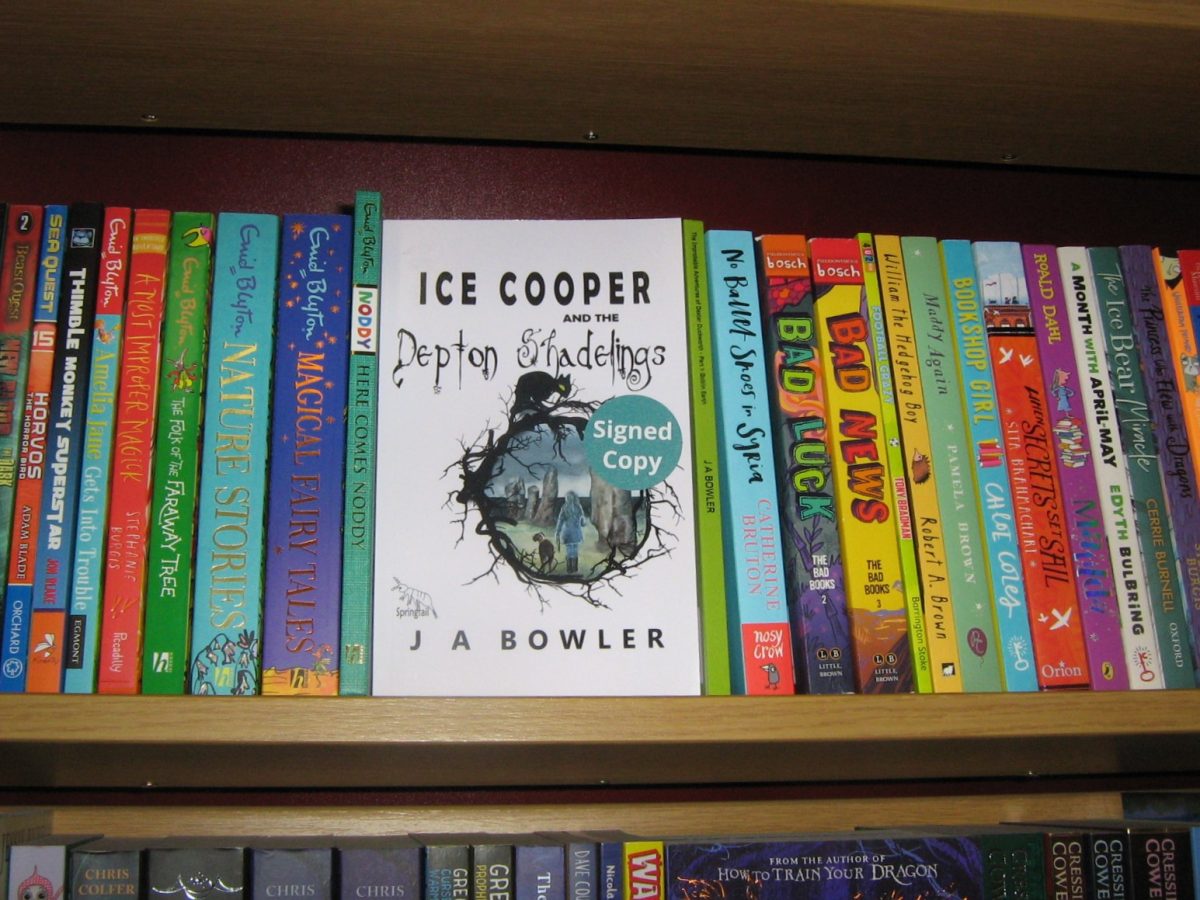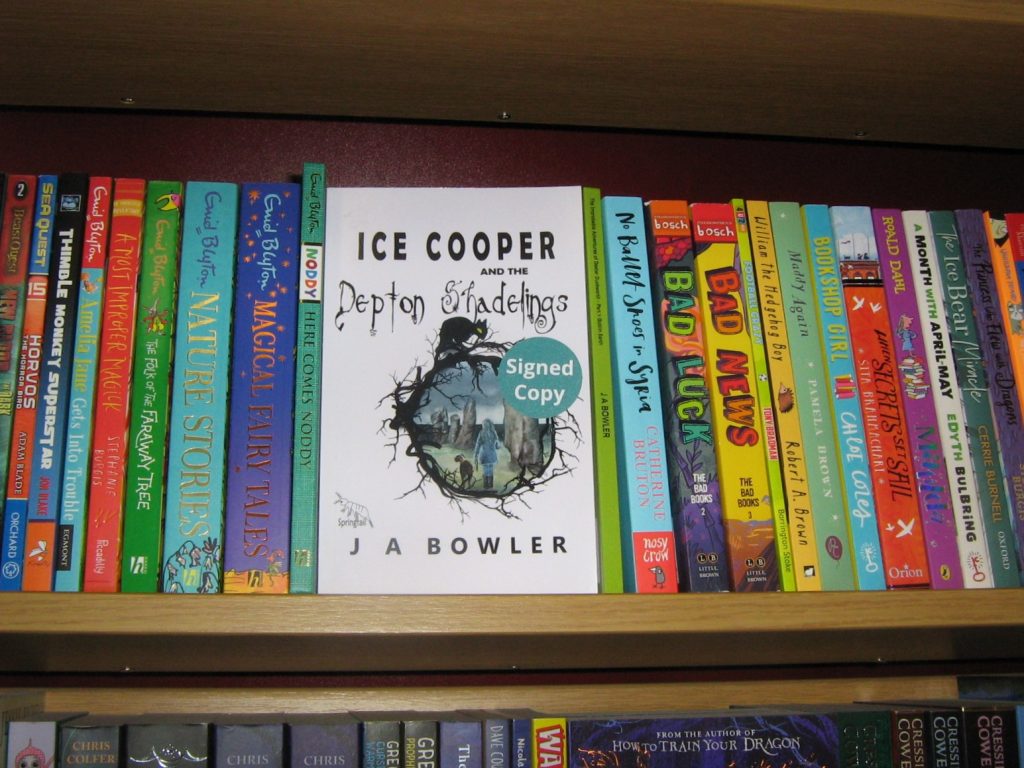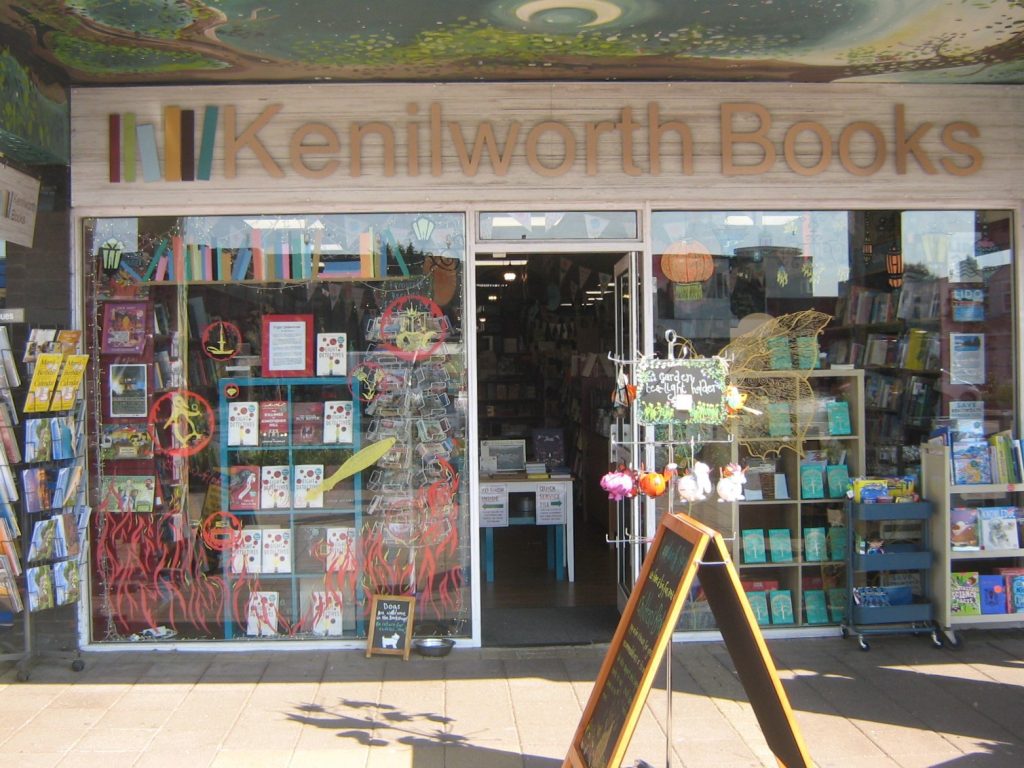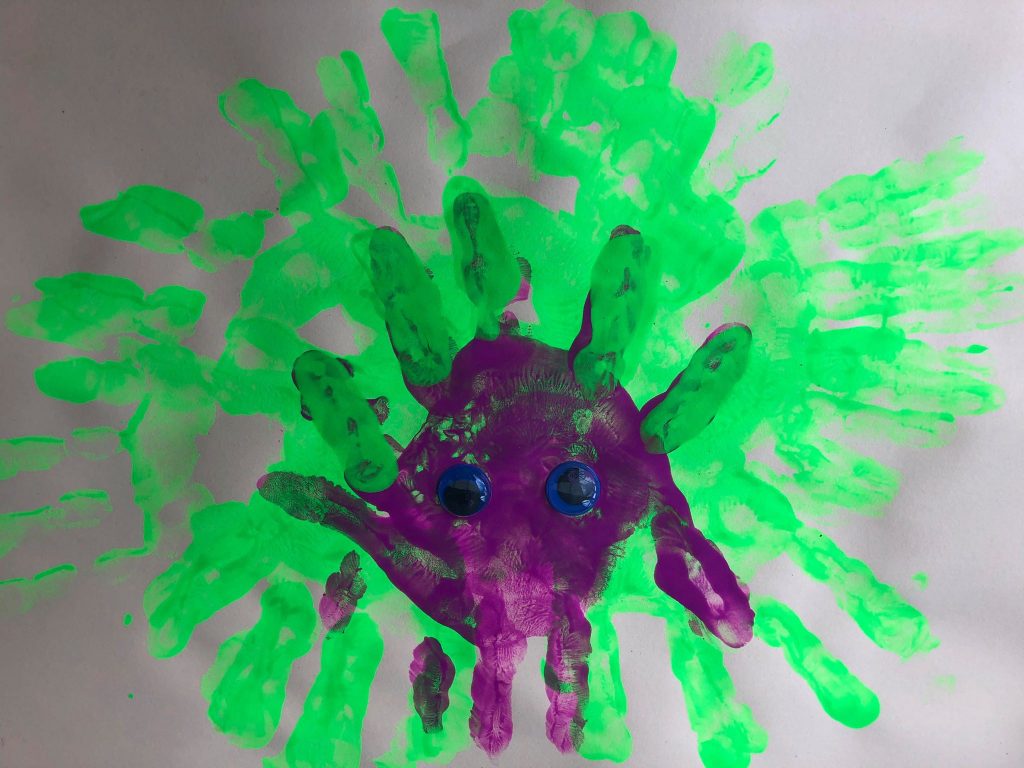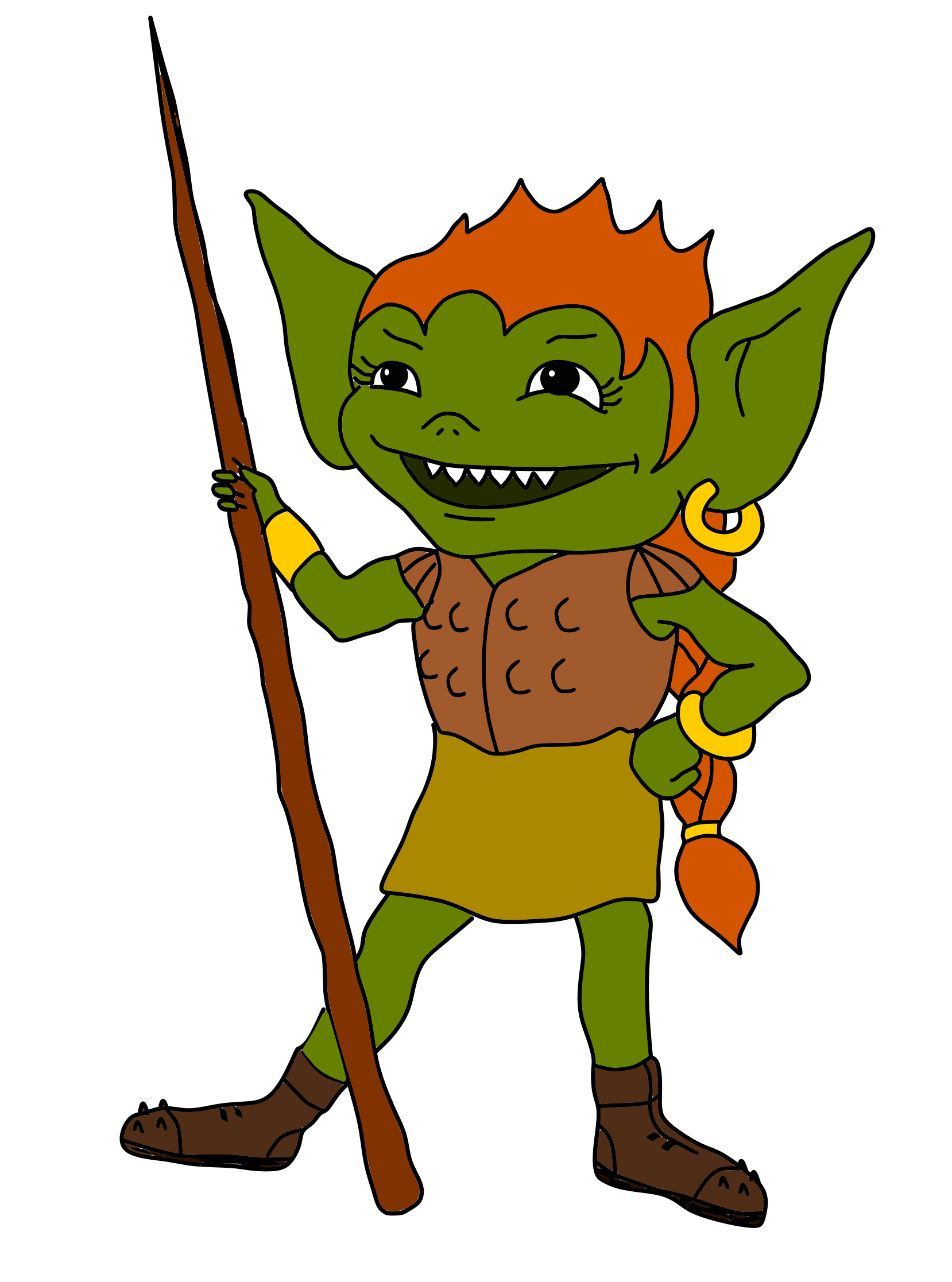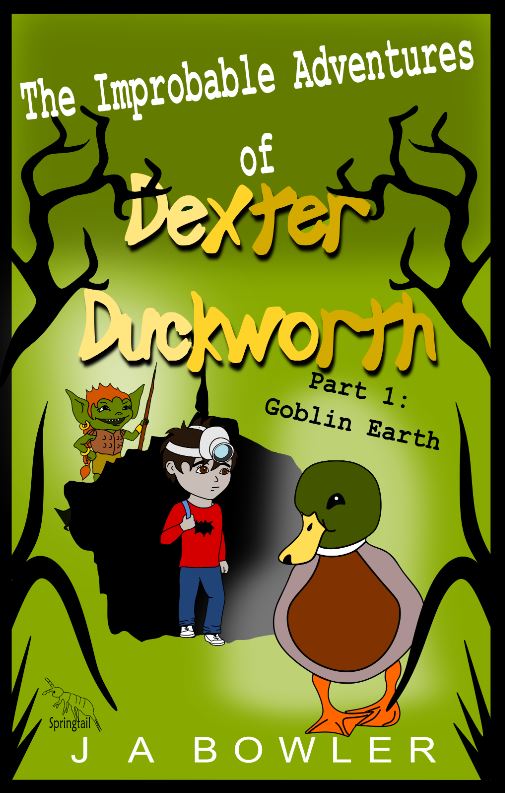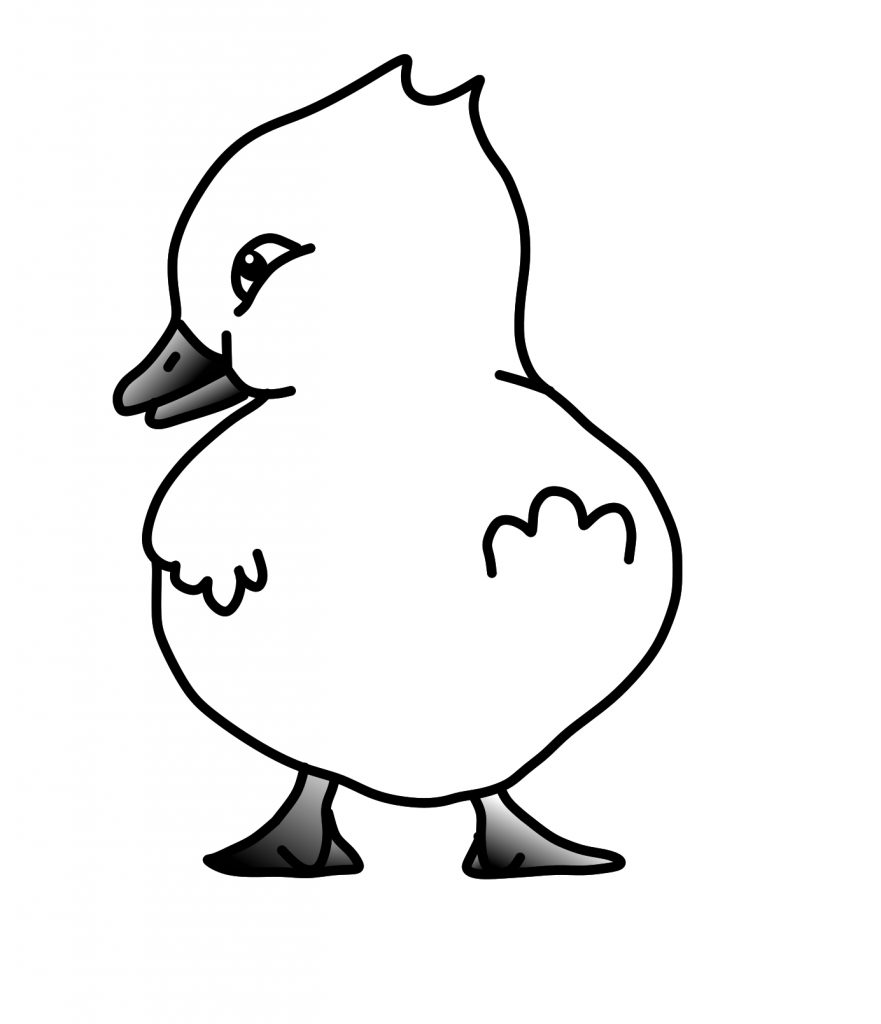Indie authors are at a disadvantage. We self-publish without the selective screening of agents and objective publishers. Our works are not scrutinised by hard-nosed editors, rejected, rewritten, polished until they’re deemed suitable for showing to the world. All of that has to be done by ourselves or with minimal help on a shoestring budget. We’re marking our own homework and it shows.
As a writer, I’m in the same boat. It’s hard to judge one’s own writing and I’m never certain of the quality. Perhaps my prose is too ‘purple’. Perhaps my sentences are too long. As a reader, though, I know what jumps out at me and I’ve noticed a few things that independent authors often do that signpost ‘amateur’ self-publishing.
Format badly
Some indie writers give it away at a glance. No professional publisher would allow inconsistent indentations, split lines, strange fonts and ugly chapter headings, but I’ve seen all these in otherwise well-written novels.
My advice: look at books in your genre from big publishers and copy the formatting style. It’s not too difficult to learn how to format on common word-processing software (such as LibreOffice). Then be scrupulous with consistency.
Use clichés
It may not be ‘a dark and stormy night’ but if the phrase comes too quickly to mind and to the page, perhaps it’s mundane and over-used. Lack of crafting and originality in prose is very obvious in many of the self-published books I have tried to read.
My advice: Be judicious in your use of well-worn expressions. Try to spot the common phrase. Is it a cliché for a reason? If not, change it. Actively control the language you use.
Write in the present tense
This is a matter of personal taste, but the present tense in fiction is an immediate deterrent to me as a reader. Past tense is the standard, ‘invisible’ tense; it doesn’t distract the reader from the plot and the characters. The present tense can be managed skillfully in the hands of an expert, but runs the risk of sounding infantile.
My advice: Choose the past tense by default. Write your novel in the present tense only if it’s a positive stylistic choice and you know the reason. Be very careful not to mix tenses carelessly.
If you’re interested, here is my slideshow on the named English tenses with examples.
Use too much dialogue
Like primary children, some independent authors write their stories like radio plays, dominated by conversations between characters. Perhaps this is because it’s our first use of language, or perhaps it’s the influence of film and TV, but stories written in this way are a chore to read. Dialogue holds up the pace of the action and leaves little room for description and setting.
My advice: Use dialogue like spice. Choose carefully and use sparingly. If it doesn’t enhance the plot or tell us more about the character, leave it out.
Punctuate poorly
The problem with punctuation (and grammar), is that many writers do not know that they do not know how to punctuate properly. Generally speaking, professional editors hired by big publishing houses do know how. They may let the odd famous author get away with a few run-on sentences, but misplaced apostrophes, stray commas and incorrectly punctuated speech will be filtered out pretty ruthlessly.
My advice: Unless you are very confident that you have expertise in this area, use grammar checkers, electronic and human. Then proofread again. Beware editors who have comma splices on their home page. I have seen some!

